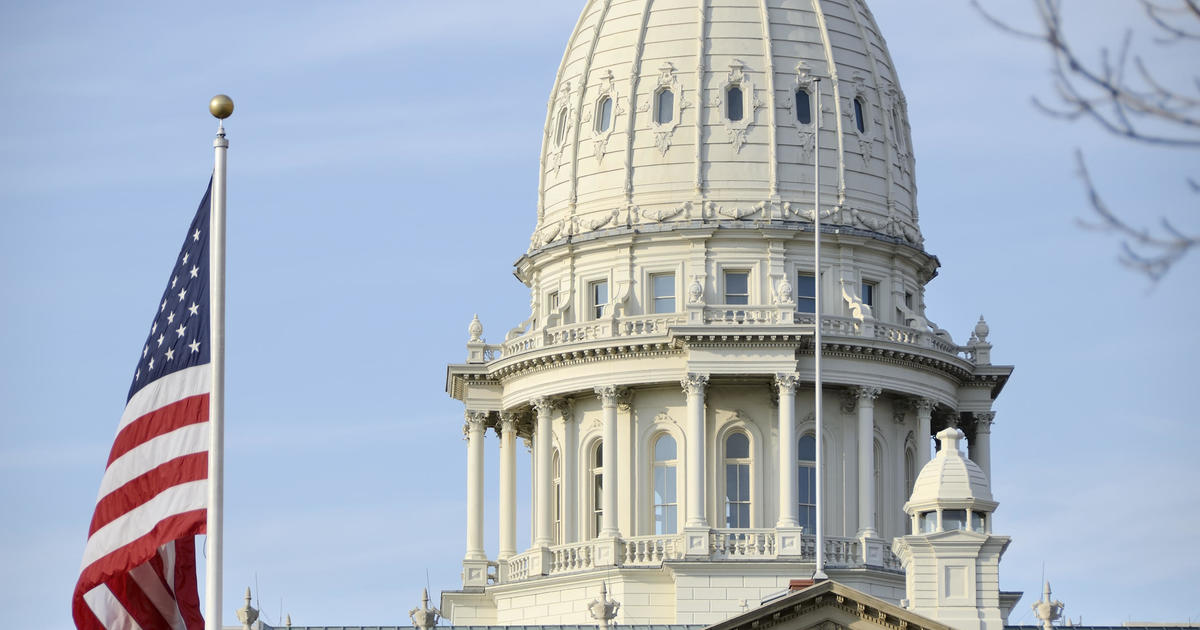Michigan's New Estate Recovery Law: What You Need To Know
Anne Osmer Reporting
Estate recovery, the recouping of assets by the state to pay for nursing home and in-home care costs paid by Medicaid, will take effect in Michigan for the first time.
The new law, signed by Gov. Granholm on Sept. 30, makes Michigan the last state in the nation to enact estate recovery. Michigan faced losing federal Medicaid funding if it further delayed establishing a law addressing estate recovery. All other states created laws at various points since 1993, when the federal government first mandated that states make efforts to recoup Medicaid costs from deceased recipients.
"No one can say this is a surprise. We're the last state in the country to follow in line," said Don L. Rosenberg, elder law attorney at The Center for Elder Law and chair-elect of the Michigan chapter of the Alzheimer's Association.
He said grassroots advocates, AARP, the Farm Bureau and others had been fighting creation of an estate recovery law in Michigan for years. The groups provided input for the final version of the law, which is subject to final approval by the federal government.
What does the new law mean for seniors and their families?
Basically, the estate recovery law means that following the death of a person who relied on Medicaid to pay for nursing home care or in-home care, the state can go after probateable assets in an attempt to recoup costs associated with the care. Medicaid recipients must first deplete their assets, with the exception of their home, in order to qualify for benefits. When they die, their home is usually the last remaining asset.
Important facts about estate recovery in Michigan (as the impending law stands):
• The home is exempt from estate recovery if a spouse or a child under the age of 21, or a disabled child, is living in it. It is also exempt if a relative who is considered a caretaker relative under Medicaid law is living in it, or if the deceased Medicaid recipient's sibling is a joint owner and lives in the home.
• The family farm, business or other income-producing assets are exempt if they are the primary source of income for the family.
• Estate recovery applies to assets that pass through the traditional probate system, and part of the value of a home is protected. This is based on a formula that takes the average value of homes in a county and makes half of that value exempt. For example, if a home in probate is worth $200,000 and the average value of homes in the county is $250,000, $125,000 of the $200,000 is exempt from estate recovery.
• Medicaid recipients in a nursing home prior to enforcement of the law will be exempt from the changes. It is likely the enforcement date for the law will be retroactive to Sept. 30, 2007.
As with many things Medicaid, the new Medicaid estate recovery law is complicated and seniors should take extra care to understand the implications the law has for their own situation.
One concern about the new law is that it will provide unscrupulous companies an opportunity to sell inappropriate products, such as certain financial and insurance products, to seniors concerned about the changes in Medicaid law.
© 2010 WWJ Radio, All Rights Reserved.



